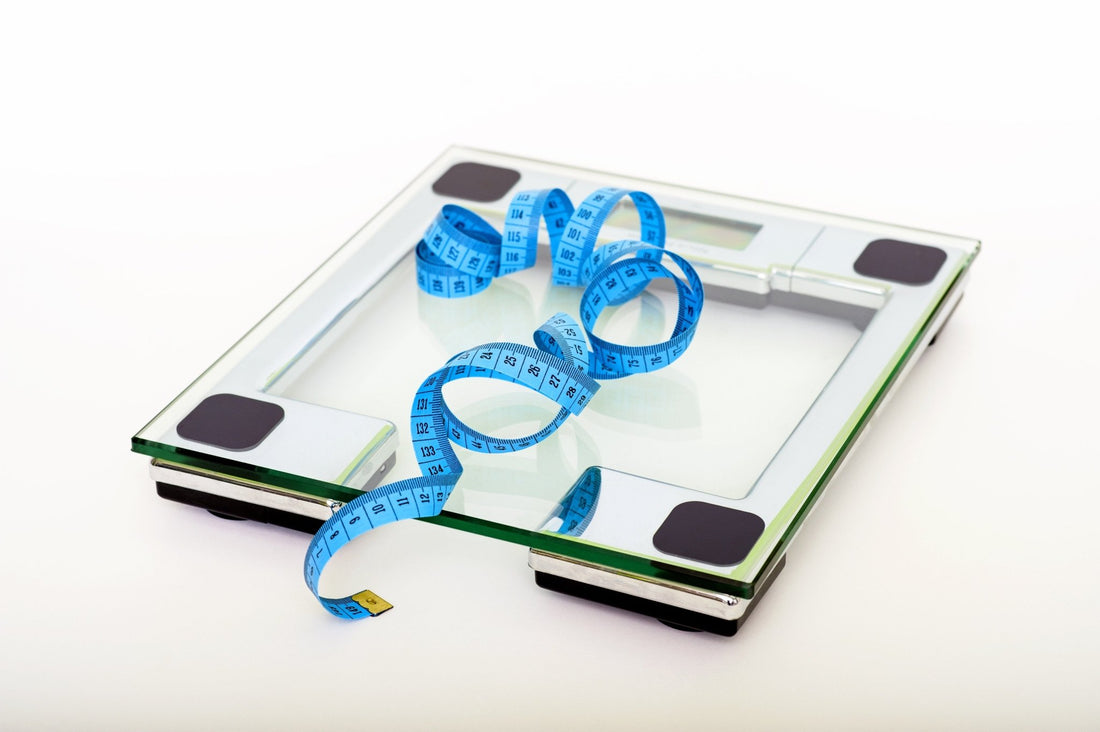
I Keep Falling Off My Diet-Now What?
Why Do I Keep Falling Off My Diet?

1. Chemistry
The same way your brain is a victim of psychological advertising tricks, developed through thousands of hours of research, your body can be fooled by chemicals in some of your favorite foods. Additives in Oreos, Pringles, and other similar products leave us with a sensation of never being satisfied. Our bodies are trained to crave more and more, making it extremely difficult to reorient yourself towards a healthier diet.
The best way to win this game is not to play. Stay away from processed foods as much as possible. A diet rooted in greens and protein might take some getting used to as you’re detoxing from junk food additives, but that’s what’s going to help you make the change.
2. Structure
“I’m going to eat healthier” is a fabulous resolution, but what’s even more fabulous is a plan. Nothing gets done without a plan. No need to buy meals from a weight loss program in order to add structure to your diet. The simple act of writing down your goals and the steps to get there reduces the room you have to make excuses for yourself. If you decide on specific guidelines – like having only two servings of fruit per day – you are less likely to fall off the wagon.
3. Assumptions
Carrots are a vegetable and peaches are a fruit – so they must be good for you, right? And an apple is probably just as healthy as a banana, isn’t it? Not all fruits and vegetables are created equal, even if they are prepared in the same manner. Remember that nutrition is a science. Maybe you’ve heard the oft-touted “you burn more calories by chewing celery than you get from eating it.” There is a strain of truth in this. Celery’s extremely high water content makes it a much more valuable weight loss tool than, say, peppers which are high in sugar. A consultation with a doctor who specializes in holistic weight loss is an excellent way to kick off a diet that’s designed to last.
4. “Unrelated” health issues
The philosophy behind holistic healthcare is that everything in the body affects everything else. While your insomnia or constipation may not seem to have anything to do with weight loss, you can’t naturally burn calories at night or rid yourself of waste like you’re supposed to when you’re having those problems. It is worth looking at your health as a whole as part of your diet.
5. Tricks
It is easy to be fooled by all the nonsense written on food packaging. The same way “cage free” doesn’t mean “cruelty free,” the word “diet” can trick unsuspecting consumers into buying food that will not play a role in burning fat. Diet soda, for instance, has a chemical that fills your non-essential fat cells. Since one of the purposes of non-essential fat is to store chemicals and toxins, that soda isn’t actually going to help you lose weight.
USDA Certified Organic foods are held to higher standards. For instance, SweetLeaf stevia sweetener has two versions: regular and organic. Generally stevia makes a great natural sugar substitute – but the non-organic version actually has unhealthy additives that the organic doesn’t. Also make sure that the organic label specifies USDA; the Department of Agriculture has very clear, very rigorous guidelines to determine what food is allowed to bear that label, while the word “organic” can technically be used by anyone.
Ready to make a change in your life? Let's talk CLICK HERE

